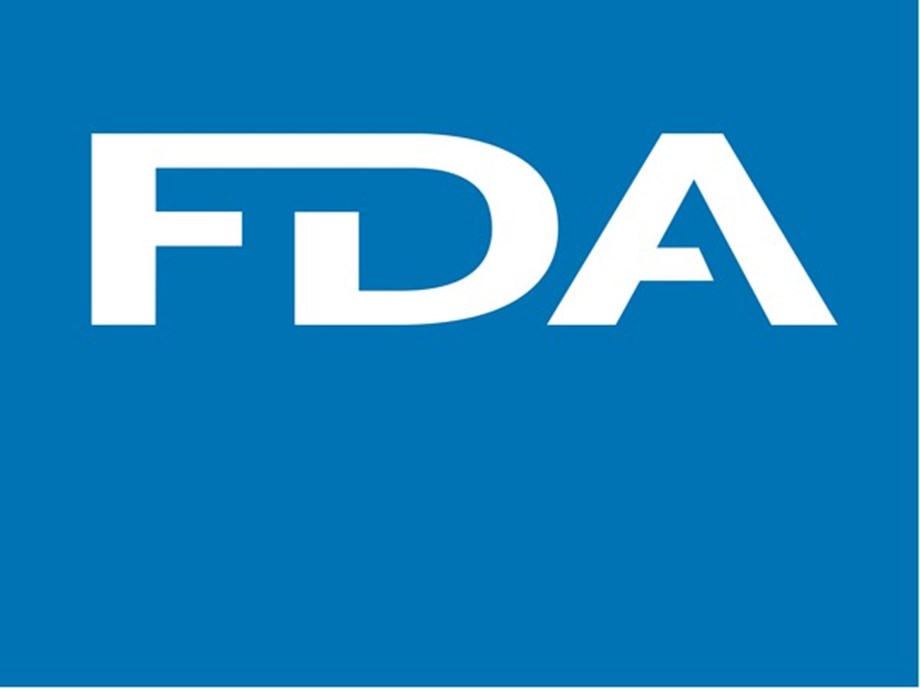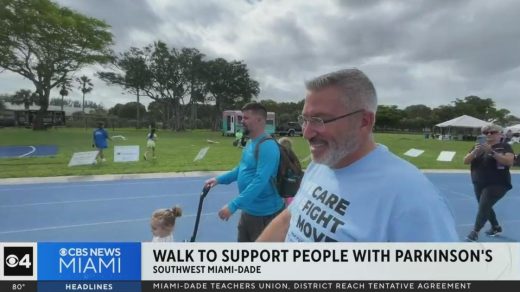
Following is a summary of current health news briefs.
US senators push drugmakers for details on low-cost insulin programs
Two U.S. senators are demanding that the nation’s three largest insulin makers, Novo Nordisk, Eli Lilly, and Sanofi, provide details by Sept. 15 of their programs to help Americans get their insulin for $35 a month or less. Democratic Senators Maggie Hassan and Tina Smith sent a letter asking the drugmakers for information on eligibility criteria for the programs, including whether a patient’s insurance status or income barred them from joining, and the steps insulin users had to take to sign up.
Sage Therapeutics to cut about 188 jobs after depression drug setback
Sage Therapeutics said on Thursday it plans to lay off about 188 people, or about 40% of its workforce, weeks after the U.S. health regulator declined to approve its drug to treat major depressive disorder. The U.S. Food and Drug Administration (FDA) in early August approved the company and partner Biogen’s pill for postpartum depression (PDD), but rejected it as a treatment for clinical depression, which is a much larger market.
US FDA declines to approve Outlook Therapeutics’ eye disease drug
Outlook Therapeutics said on Wednesday the U.S. Food and Drug Administration declined to approve its experimental eye disease drug, in part due to manufacturing issues observed during pre-approval inspections. The company’s shares were down about 78% at 30 cents in premarket trading.
India invites bids for privatisation of Indian Medicines Pharmaceutical
India has invited bids for the privatisation of Indian Medicines Pharmaceutical Corporation, the government said on Thursday. It plans to sells its 98.1% stake in the company that makes alternative medicines, according to a government document. The remaining 1.89%, held by Kumaon Mandal Vikas Nigam Ltd., a firm owned by the northern state of Uttarakhand, will also be offloaded through the transaction.
Blood test for Parkinson’s disease promising in early study
An experimental blood test that detected Parkinson’s disease in a preliminary study could become the first specific tool for diagnosing the devastating neurodegenerative condition, researchers said on Wednesday. The test, which looks for cell damage associated with the disease, is years away from being commercially available. If its reliability is confirmed in future trials, the test would allow doctors to diagnose the condition earlier and start therapies sooner, before nervous system damage worsens, the researchers said.
Pot firms surge as US move to ease curbs sparks hopes of legalization
Shares of marijuana companies jumped as much as 37% in morning trading on Thursday after a U.S. health agency’s proposal to reclassify it as a lower-risk substance boosted expectations of legalization at the federal level. Nearly 40 U.S. states have legalized marijuana’s use in some form but efforts at the federal level have hit a wall, leaving some investors cagey and the sector dependent on non-traditional sources for funding.
Generic drugmakers start shipping copies of Takeda’s ADHD drug Vyvanse
Drugmakers have begun shipping copycat versions of Takeda Pharmaceutical’s drug Vyvanse, which is expected to offset the ongoing shortage of the ADHD medicine in the United States. The U.S. Food and Drug Administration had said on Monday it has approved generic versions of Vyvanse from 11 drugmakers after Takeda’s exclusivity over the drug expired on Aug. 24. Copycats of the drug come in capsules and chewable tablets, ranging between 10 milligrams to 70 milligram doses.
Analysis-Drugmakers could find sympathetic US Supreme Court in drug pricing lawsuits
Drugmakers challenging a Biden administration program requiring them to negotiate with Medicare over the prices of selected costly drugs may not have a clear legal precedent on their side, but there are signs they could get a friendly hearing from the U.S. Supreme Court, legal experts said. Even before the administration announced the first ten drugs for inclusion in the program on Tuesday, drug companies and industry groups had sued the U.S. Centers for Medicare and Medicaid Services (CMS) in an effort to derail it.
J&J, India’s Lupin cut prices for tuberculosis drug in lower-income countries
Johnson & Johnson and Indian drugmaker Lupin will supply their versions of the tuberculosis drug bedaquiline at a significantly cheaper price in low- and middle-income countries, a global anti-tuberculosis group said on Wednesday. The United Nations-backed Stop TB Partnership said J&J’s new price of $130 and Lupin’s price of $194 for a six-month course of the treatment represented a 55% and 33% price reduction, respectively.
China’s CanSino seeks more vaccine contracts after AstraZenca deal
China’s CanSino Biologics, which recently announced a contract manufacturing deal to support AstraZenca’s messenger RNA (mRNA) technology vaccine programme, is in talks with more firms on similar deals, its CEO said, as it seeks new revenue streams to make up for plummeting COVID vaccine demand. CanSino begun researching mRNA technology in 2018 and has built a facility in Shanghai that can produce up to 200 million doses a year, giving it the capacity to provide similar services to other companies, CanSino’s CEO and co-founder Xuefeng Yu told Reuters in an interview.
(With inputs from agencies.)
This news item came from: https://www.devdiscourse.com/article/health/2577830-health-news-roundup-us-fda-declines-to-approve-outlook-therapeutics-eye-disease-drug-blood-test-for-parkinsons-disease-pro


